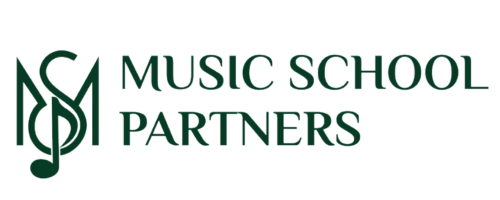Ray Kirsch was recently on a podcast with Dave Simon of Dave Simon’s Music Enterprise.
Here are takeaways:
Many music school owners struggle with underperforming Facebook ads. The key to success lies in optimizing creative, audience targeting, and the offer or post-click experience. Here’s how to fix common issues:
- Your Ad Isn’t Stopping the Scroll
Facebook and Instagram ads are interruption-based, meaning they must immediately grab attention. Using engaging images or videos—such as an excited child playing an instrument—can increase engagement. Testing different visuals and headlines helps determine what resonates best. - Your Audience Targeting is Too Broad or Too Narrow
Targeting too broadly wastes budget, while too narrow limits optimization. Music school ads should refine targeting based on location and parent demographics, using Facebook’s interest targeting to reach those already interested in music education. - Your Ad is Missing an Offer or a Hook
A strong offer (e.g., free trial lesson, first month free) and a compelling hook (e.g., “Does your child dream of playing on stage?”) create urgency and drive conversions. - Your Landing Page is Weak
Sending traffic to a dedicated landing page, rather than a homepage, improves conversion rates. The page should be simple, focused, mobile-friendly, and optimized for sign-ups. - You’re Not Tracking or Testing Your Ads
Without tracking tools like the Facebook Pixel and Google Analytics, optimization is difficult. Running A/B tests on different ad formats, targeting options, and landing pages helps improve results. - Your Budget is Too Low
Facebook ads require sufficient data to optimize. A minimum budget of $500 per month is recommended, spread throughout the month for better learning and performance. - You’re Using Boosted Posts Instead of Ads Manager
Boosting posts only increases engagement, while Ads Manager provides better control over audience targeting, conversions, and performance tracking.
Final Takeaway
Running successful Facebook ads requires testing and optimizing across key areas:
- Engaging visuals
- Refined audience targeting
- Compelling hooks and offers
- Dedicated landing pages
- Proper tracking and analytics
- Sufficient budget
- Using Ads Manager instead of boosted posts to choose objectives other than reach and awareness


